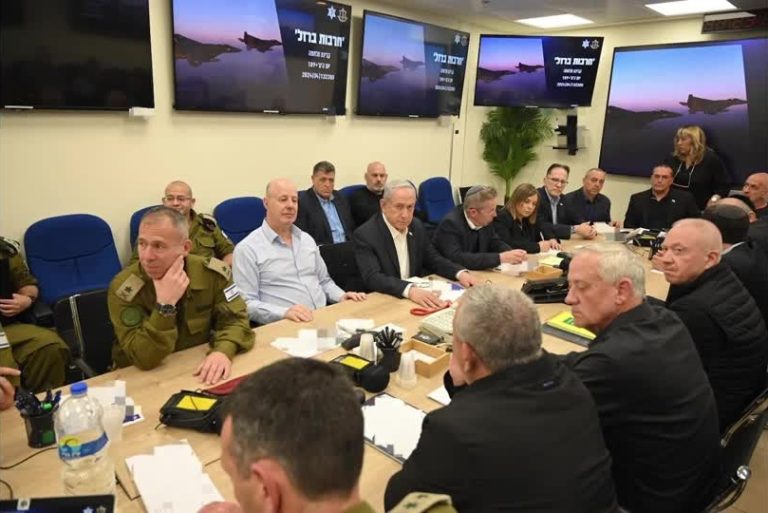
Tel Aviv — Israel is continuing to weigh possible military strikes against Iranian nuclear facilities, even as the United States ramps up diplomatic efforts to contain the growing tensions in the region, according to Israeli defense officials.
Senior Israeli leaders remain unconvinced that diplomacy alone will be enough to curb Tehran’s nuclear ambitions. Despite ongoing back-channel negotiations and international pressure aimed at reviving the stalled nuclear deal, Israel is maintaining its stance that it will act unilaterally if it believes Iran is nearing the threshold of building a nuclear weapon.
“The military option has never been taken off the table,” said an Israeli official speaking anonymously due to the sensitive nature of the discussions. “If Iran crosses the red line, Israel will act — with or without U.S. support.”
This hardline posture comes as U.S. officials, including Secretary of State Marco Rubio, continue to engage regional allies and European partners in hopes of de-escalating tensions and preventing a broader conflict. The Biden administration has stressed diplomacy as the only sustainable solution, but Israeli leadership has grown increasingly skeptical of Iran’s intentions.
Israeli Prime Minister Benjamin Netanyahu has repeatedly warned that Iran’s uranium enrichment — reportedly near weapons-grade levels — poses an existential threat to the Jewish state. In recent months, Israel has increased intelligence-gathering operations and held joint military drills with allies, simulating long-range strike scenarios.
Defense analysts say Israel is carefully calculating its moves, wary of sparking a full-scale war but equally determined to prevent a nuclear-armed Iran. Meanwhile, the Israeli public remains divided — with some supporting a decisive show of strength, while others fear the consequences of preemptive strikes.
Iran, for its part, has denied pursuing nuclear weapons, insisting its nuclear program is strictly for peaceful purposes. However, Tehran has steadily reduced its compliance with the 2015 nuclear accord since the U.S. withdrew from the agreement under former President Trump in 2018.
As the diplomatic clock ticks, the risk of miscalculation looms large. The coming months may prove critical in determining whether the region sees renewed negotiations — or a dangerous escalation with global repercussions.





